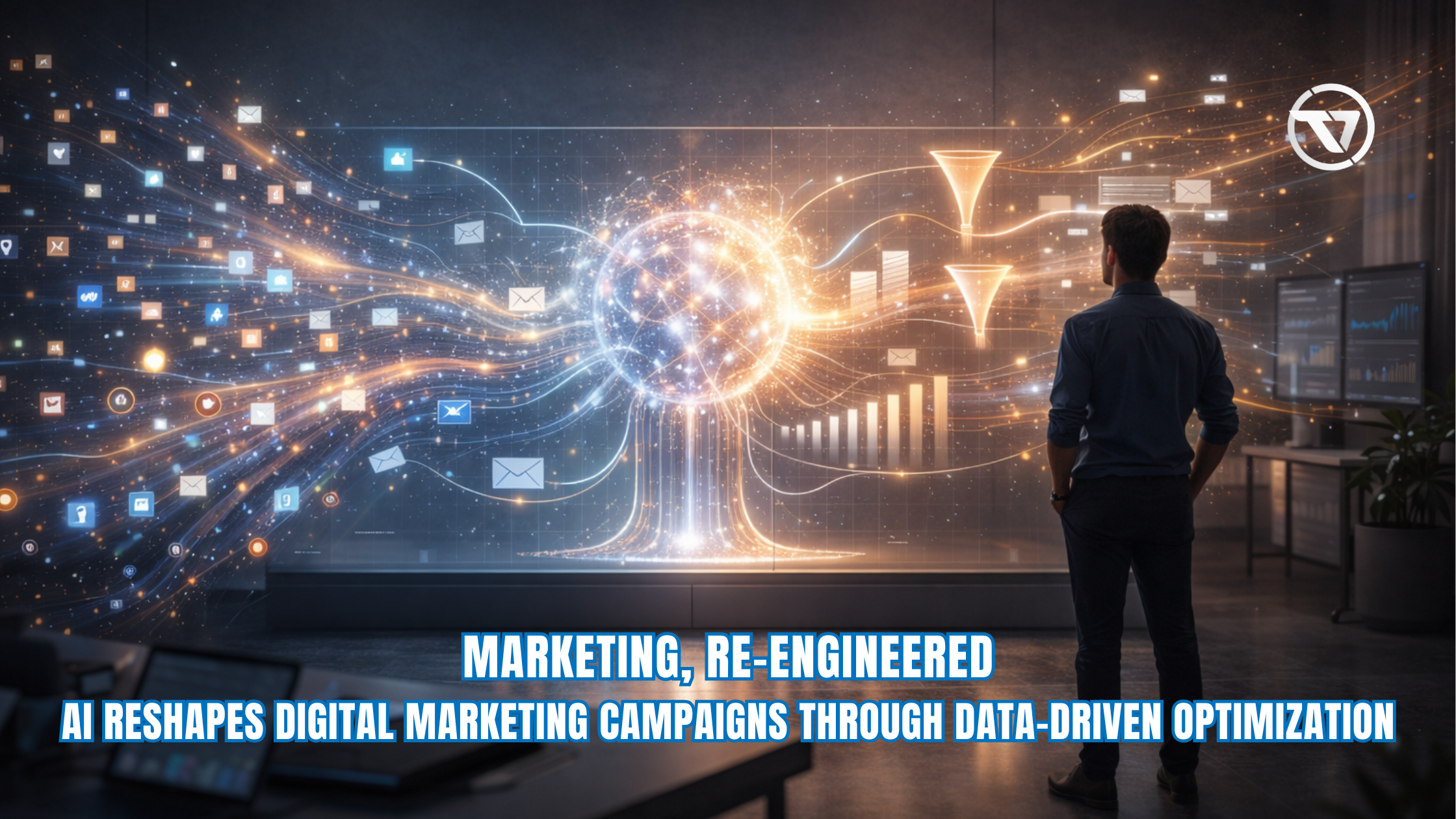
What Does a CRM Manager Do? Roles, Responsibilities & Skills
A Customer Relationship Management (CRM) Manager is responsible for developing, implementing, and optimizing CRM strategies to improve customer engagement, sales, and retention. According to Statista, the global CRM software market is expected to reach $114.4 billion by 2027, emphasizing the growing demand for CRM professionals. This guide explains what a CRM manager does, their responsibilities, skills, and the best tools for the job.
What is a CRM Manager?
A CRM Manager oversees a company’s customer relationship management system and strategy. Their goal is to enhance customer satisfaction, drive sales, and improve business performance using CRM software and data analytics.
Key Responsibilities of a CRM Manager

A CRM Manager’s role includes various responsibilities that focus on customer engagement and business growth.
1. CRM Strategy Development
CRM Managers design and implement customer relationship strategies that align with business goals. They ensure that the CRM system supports sales, marketing, and customer service teams effectively.
2. Managing CRM Software
They oversee the use of CRM platforms like Salesforce, HubSpot, and Zoho CRM to track customer interactions, manage leads, and optimize workflows.
3. Customer Data Analysis
CRM Managers analyze customer data, purchasing behavior, and engagement metrics to develop strategies that improve customer retention and satisfaction.
4. Marketing Automation
They implement automated email campaigns, personalized promotions, and AI-driven customer interactions using CRM tools.
5. Sales Pipeline Optimization
CRM Managers improve lead nurturing and conversion rates by refining the sales funnel and ensuring follow-ups are automated.
6. Customer Support Coordination
They integrate CRM systems with customer support channels to track tickets, inquiries, and feedback in one place.
7. Training and Team Collaboration
CRM Managers train employees on best CRM practices and collaborate with IT, marketing, and sales teams to ensure system efficiency.
8. Data Security and Compliance
They ensure that CRM systems comply with GDPR, CCPA, and other data protection regulations to maintain customer trust.
Essential Skills for a CRM Manager

A successful CRM Manager requires a mix of technical, analytical, and communication skills.
- CRM Software Expertise: Knowledge of platforms like Salesforce, HubSpot, and Microsoft Dynamics.
- Data Analysis: Ability to interpret customer data, trends, and KPIs.
- Marketing Automation: Experience in email marketing, AI chatbots, and segmentation strategies.
- Project Management: Strong organizational and leadership skills to manage CRM initiatives.
- Technical Proficiency: Familiarity with API integrations, data migration, and system configurations.
- Customer-Centric Approach: Understanding customer behavior to enhance engagement and retention.
Best CRM Tools for a CRM Manager
CRM Managers rely on various tools to manage customer interactions efficiently.
- Salesforce CRM: Industry-leading CRM for enterprise-level customer management.
- HubSpot CRM: Best for small businesses and marketing automation.
- Zoho CRM: Affordable solution with AI-driven insights.
- Microsoft Dynamics 365: CRM with seamless Microsoft Office integration.
- Pipedrive: Ideal for sales pipeline management.
How AI is Transforming CRM Management
AI-powered CRM tools enhance automation, personalization, and predictive analytics.
- AI Chatbots: Automate customer interactions and support.
- Predictive Analytics: AI forecasts customer behavior and sales trends.
- Sentiment Analysis: AI detects customer emotions and feedback trends.
- Lead Scoring: AI ranks potential customers based on engagement and likelihood to convert.
Why Businesses Need a CRM Manager
Hiring a CRM Manager brings measurable benefits to a business.
- Higher Customer Retention: CRM strategies improve loyalty and engagement.
- Increased Sales: Optimized lead nurturing and automated workflows drive revenue.
- Better Decision-Making: Data-driven insights support strategic planning.
- Improved Productivity: Automated tasks allow teams to focus on high-priority activities.
Why Choose TaskVirtual for CRM Management?
TaskVirtual provides expert CRM management solutions tailored to business needs.
- Custom CRM implementation and workflow automation.
- AI-powered lead tracking and customer segmentation.
- AI-enhanced customer support for efficient call routing and message taking.
- Affordable pricing starting at $3.12 / hour to $14.99 / hour, ensuring value for money.
- 364 positive reviews on esteemed VA reviewing platforms, which amounted to a 4.7-star rating
- Integration with Salesforce, HubSpot, Zoho, and Microsoft Dynamics.
Conclusion
A CRM Manager plays a vital role in improving customer relationships, sales processes, and marketing automation. Businesses that invest in CRM management experience higher customer retention, increased revenue, and improved operational efficiency. With AI-driven CRM tools and expert strategies, companies can streamline customer interactions and enhance their brand reputation. Partner with TaskVirtual for comprehensive CRM management solutions in 2025 and beyond.






